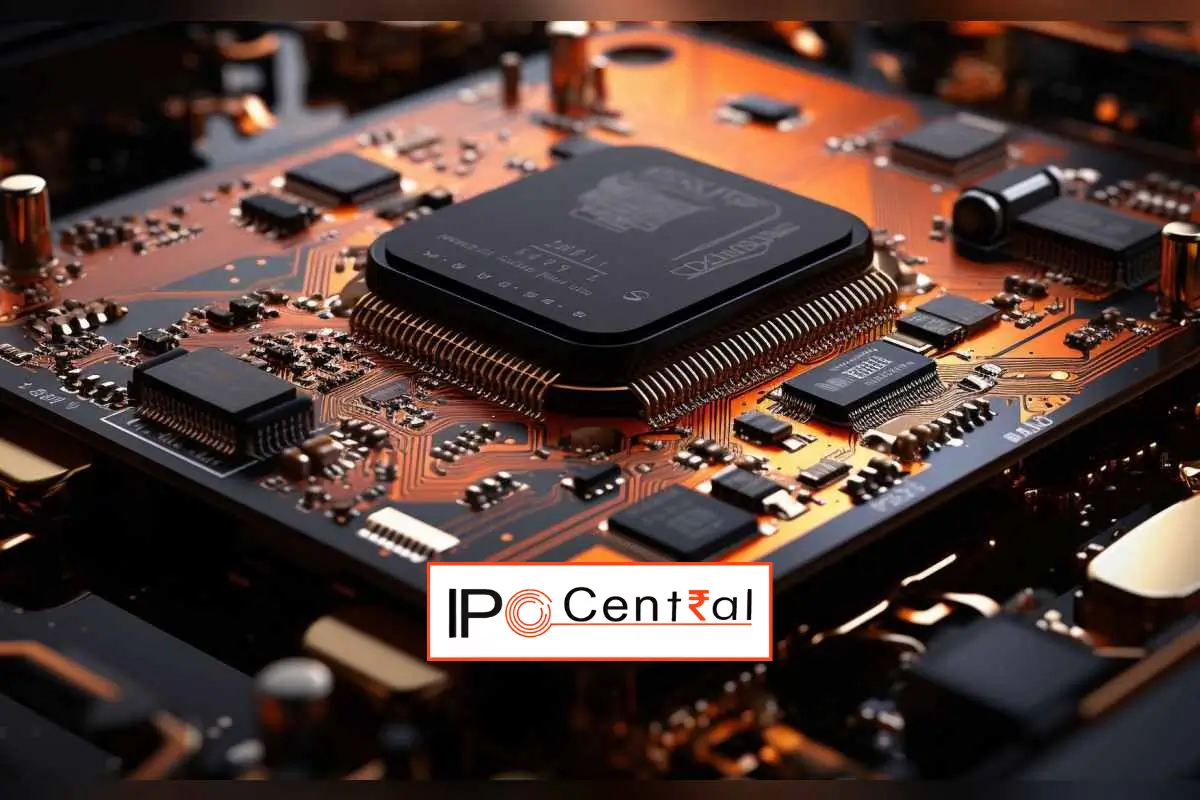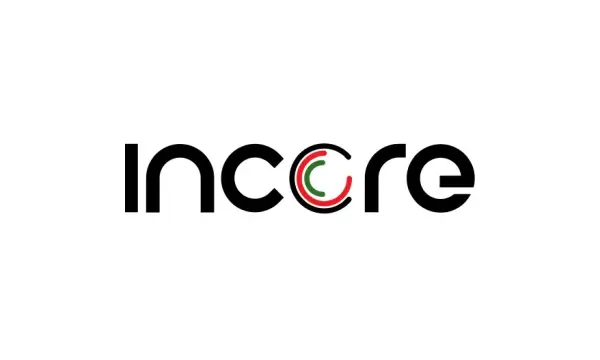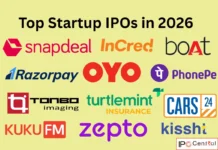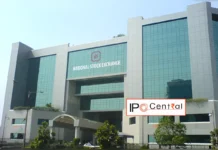The semiconductor industry is in the midst of a major shakeup, driven by the sky-high demand for tech like AI, 5G, and IoT. As countries scramble to beef up their chip-making capabilities, India is emerging as a dark horse. With government policies designed to ignite the semiconductor startups in India, the country is slowly but surely making its mark on the global stage.

Semiconductor Manufacturing: Global and Indian Landscape
For years, the US, Taiwan, and South Korea have been the big players in the semiconductor world, with their sophisticated factories and deep know-how. But India’s got its own game plan, leveraging its vibrant startup scene to create tech solutions that meet today’s needs. This push is part of a larger global movement to lessen reliance on overseas chip supplies.
India aims to reduce its dependency and build a solid foundation in semiconductor manufacturing for both domestic use and export.
What’s Fueling the Growth of Semiconductor Startups in India?
The Indian government is demonstrating a resolute commitment to its semiconductor ambitions. Here is an overview of the initiatives introduced:
- Semicon India Program: Launched in December 2021, this initiative offers financial incentives to attract investments in fabrication units and design centres. The program is central to India’s goal of creating a semiconductor ecosystem.
- Production Linked Incentive (PLI) Scheme: The PLI scheme encourages increased production and investment by offering financial incentives to semiconductor manufacturers.
- Design Linked Incentive (DLI) Scheme: Focused on promoting innovation, the DLI scheme supports startups in developing semiconductor designs, particularly in advanced areas such as RISC-V architecture.
Top Semiconductor Startups in India
AGNIT Semiconductors

AGNIT Semiconductors is not an average tech startup; it’s a prominent player in the world of semiconductors, specifically in the realm of gallium nitride (GaN). This company is all about crafting high-performance GaN gadgets and materials, focusing on stuff like radio-frequency (RF) and power applications. The company is diving deep into the needs of modern tech, serving sectors like next-gen wireless communications, electric cars, and green energy.
In October 2024, AGNIT snagged a hefty USD 3.5 million from Zephyr Peacock, a big name in private equity. This isn’t just pocket change; it’s a vote of confidence from investors to fuel AGNIT’s growth. The company has planned to use this investment to ramp up production. AGNIT’s work is directly feeding into some of the hottest tech sectors such as 5G networks, elective vehicles and solar energy systems
Blueberry Semiconductors

Founded back in 2017, Blueberry Semiconductors has made Bengaluru its home base, diving headfirst into the world of very large-scale integration (VLSI), along with crafting application-specific integrated circuits (ASIC) and system-on-chips (SoC). The company is focusing on areas like AI, 5G, and industrial IoT.
Blueberry is focusing on industries like aerospace, defence, and automotive. Intel, Mahindra, and Microsemi are the clients of the company. The company’s expertise spans a broad spectrum, making it a go-to for companies needing to innovate. Whether it’s enhancing the capabilities of an AI system or ensuring the next-gen 5G networks are up to speed, Blueberry Semiconductors is in the thick of it, driving tech-forward across various sectors.
Read Also: Top Agritech Startups in India
Calligo Technologies

Calligo Technologies, a Bengaluru-based startup established in 2012, has steadily built its reputation in the high-performance computing (HPC), big data, and artificial intelligence/machine learning (AI/ML) domains. Over the years, the company has developed a knack for crafting cutting-edge products aimed at boosting computational performance using a combination of software and hardware acceleration techniques.
In a noteworthy turn of events, Calligo Technologies was recently chosen for the Semicon India future DESIGN DLI scheme. This program, launched by the Ministry of Electronics and IT, is a strategic effort to nurture India’s semiconductor design ecosystem.
Innovations and Key Developments
- Revolutionary Hardware Innovations: At the core of its hardware development is a co-processor based on the Posit Number System (PNS). This system brings enhanced computational efficiency compared to conventional binary systems. Calligo didn’t stop there. It integrated this co-processor with a RISC-V processor, resulting in the CRISP-core—a CPU core designed specifically to deliver power-efficient, high-performance computing capabilities.
- Advancing Software Efficiency: On the software side, Calligo has reengineered RISC-V compilers to produce Posit-enabled executables without the need for source code modifications. This eliminates a major pain point for developers and paves the way for seamless adoption of advanced computing innovations.
- Partnerships That Matter: Recognizing the importance of collaboration, Calligo has joined Intel’s oneAPI Technology Partner program. This partnership gives Calligo access to Intel’s unified programming tools, empowering the company to expand its capabilities in software acceleration for HPC systems.
Read Also: Top Startups in EV Ecosystem In India
InCore Semiconductors

Launched in 2018 and based at the IIT Madras Research Park in Chennai, InCore Semiconductors is making waves in the semiconductor industry with its focus on RISC-V processor cores. The startup is dedicated to advancing India’s position as a leader in the global RISC-V architecture, a crucial step in reducing the country’s dependency on foreign processor technologies.
InCore’s team, composed of experts from IIT Madras, is building 5th-generation RISC-V cores designed for high performance while also being power and area-efficient. These processors are poised to serve a wide range of applications, from high-performance application processors to embedded systems, offering an exciting glimpse into the future of India’s semiconductor ecosystem.
The company recently secured USD 3 million in funding from Peak XV Partners, a solid endorsement of its potential. InCore’s innovations are not only shaping India’s tech landscape but also contributing to the global shift toward open-source processor architecture. As the world moves toward more customizable and efficient processors, InCore is helping place India at the forefront of this technological transformation.
Mindgrove Technologies

Mindgrove Technologies, a semiconductor startup based in Chennai, was founded in 2021 by Shashwath T. R. and Sharan Srinivas J. The company focuses on designing and producing high-performance microcontroller chips, primarily targeting industries like automation, automotive, and consumer electronics.
Key Developments:
- Seed Funding: In 2023, Mindgrove raised USD 2.32 million in seed funding from Peak XV Partners and Speciale Invest, reflecting growing confidence in the Indian semiconductor market.
- Secure IoT Chip Launch: In May 2024, the company launched India’s first high-performance System-on-Chip (SoC) for deep embedded applications, with a clock speed of 700 MHz, targeting smart devices and IoT solutions.
- Fast Development: Mindgrove demonstrated remarkable speed, receiving its first batch of test chips just a year after starting fabrication in August 2022.
- Competitive Pricing: The Secure IoT chip is priced about 30% lower than similar products, providing a cost-effective alternative to Chinese suppliers.
- Expanding Reach: The company is focused on ODMs and mid-market electronics firms, leveraging local manufacturing to simplify supply chains and promote Indian-made semiconductor solutions.
With plans to ramp up production by the end of 2024, Mindgrove is poised to influence India’s semiconductor manufacturing landscape, encouraging further investment and innovation in the sector. The company’s success reflects the potential for new players to challenge global semiconductor giants.
Read Also: Top 10 CEO Salary In India
Major Investments and Initiatives in Semiconductor Manufacturing in India
- Tower Semiconductor’s Fabrication Plant: Tower Semiconductor is seeking approval for a USD 8 billion fabrication plant in India, which would mark a significant milestone as it would be the first major global semiconductor company to establish fabrication expertise in India under the government’s USD 10 billion semiconductor initiative.
- Foxconn and HCL Joint Venture: Foxconn plans to invest up to INR 4.24 billion (approximately USD 50 million) in a semiconductor joint venture with HCL, focusing on an OSAT (Outsourced Semiconductor Assembly and Test) plant in India.
- Tata Electronics: Tata has signed a technology transfer agreement with PSMC for building India’s first AI-enabled semiconductor fabrication plant in Gujarat. The total investment for this facility is substantial, with INR 910 billion (around USD 10.84 billion) allocated for the Gujarat fab and an additional INR 270 billion (approximately USD 3.21 billion) for an assembly unit in Assam.
- Adani Group’s Collaboration: The Adani Group has partnered with Tower Semiconductor to establish a USD 10 billion semiconductor manufacturing facility in Maharashtra. This partnership is part of a broader strategy to enhance India’s position in the global semiconductor supply chain.
- Larsen & Toubro’s Fabless Chip Company: Larsen & Toubro announced plans to invest over USD 300 million to set up a fabless chip company in India, aiming to design 15 products by 2027. This initiative aligns with India’s goal of boosting semiconductor manufacturing capabilities.
- Micron Technology: Micron is investing heavily in India, including a focus on assembling and testing DRAM and NAND flash modules at its facility in Gujarat, which is crucial for global supply chains.
- InCore Semiconductors: The company received USD 3 million from Peak XV Partners to advance their RISC-V game.
Conclusion
India is on the brink of a semiconductor boom. With government support, a growing number of innovative startups, and an increasing demand for technology, the country is poised to become a key player. The focus is clear: build local strength and reduce foreign dependency. The future looks bright, and the world may soon look to India as the next major player in semiconductor manufacturing.
































